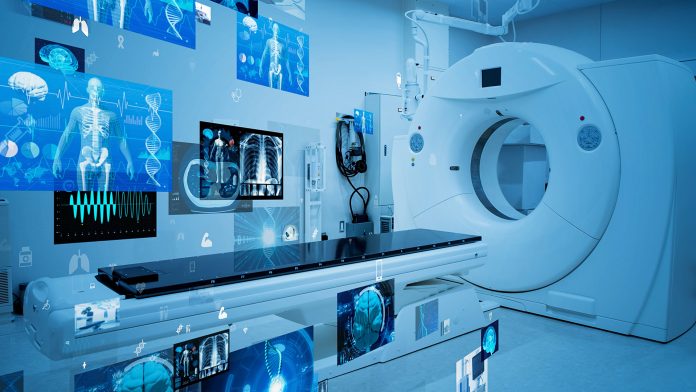A recent study has introduced a novel method combining nano informatics and machine learning to precisely predict cancer cell behaviours.
This enables the identification of cell subpopulations with distinct characteristics like drug sensitivity and metastatic potential.
This innovative approach could revolutionise cancer prediction and treatment by allowing for the rapid identification of cancer cell subpopulations with varying biological behaviours.
It could also lead to the development of new clinical tests to monitor disease progression and treatment effectiveness.
How machine learning algorithms can predict cancer
The initial phase of the study involved exposing cancer cells to particles of various sizes, each identified by a unique colour.
Subsequently, the precise amount of particles consumed by each cell was quantified.
Machine learning algorithms then analysed these uptake patterns to predict critical cell behaviours, such as drug sensitivity and metastatic potential.
“Our method is novel in its ability to distinguish between cancer cells that appear identical but behave differently at a biological level,” explained Yoel Goldstein, who co-led the study.
“This precision is achieved through algorithmic analysis of how micro and nanoparticles are absorbed by cells.”
Goldstein added: “Being capable to collect and analyse new types of data brings up new possibilities for the field, with the potential to revolutionise clinical treatment and diagnosis through accurate cancer prediction.”
New clinical tests will significantly improve patient care
The research has paved the way for new types of clinical tests that could significantly impact patient care.
Traditional cancer prediction methods like imaging scans and tissue biopsies can be invasive, costly, and time-consuming, leading to delays in treatment and potential misdiagnoses.
These approaches may not capture the dynamic nature of cancer progression and can result in limited insights into the disease’s behaviour at a cellular level.
This highlights the urgent need for more effective and non-invasive diagnostic tools, which represent a significant advancement in personalised medicine.
Professor Ofra Benny, the other co-leader of the study, concluded: “This discovery allows us to potentially use cells from patient biopsies to quickly predict cancer progression or chemotherapy resistance.
“It could also lead to the development of innovative blood tests that assess the efficacy of targeted immunotherapy treatments.”









